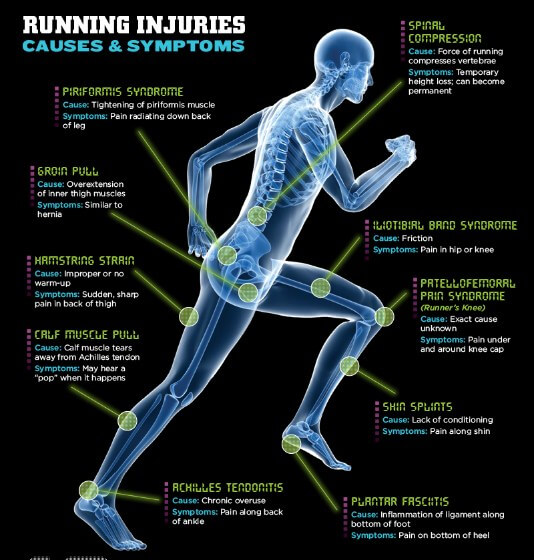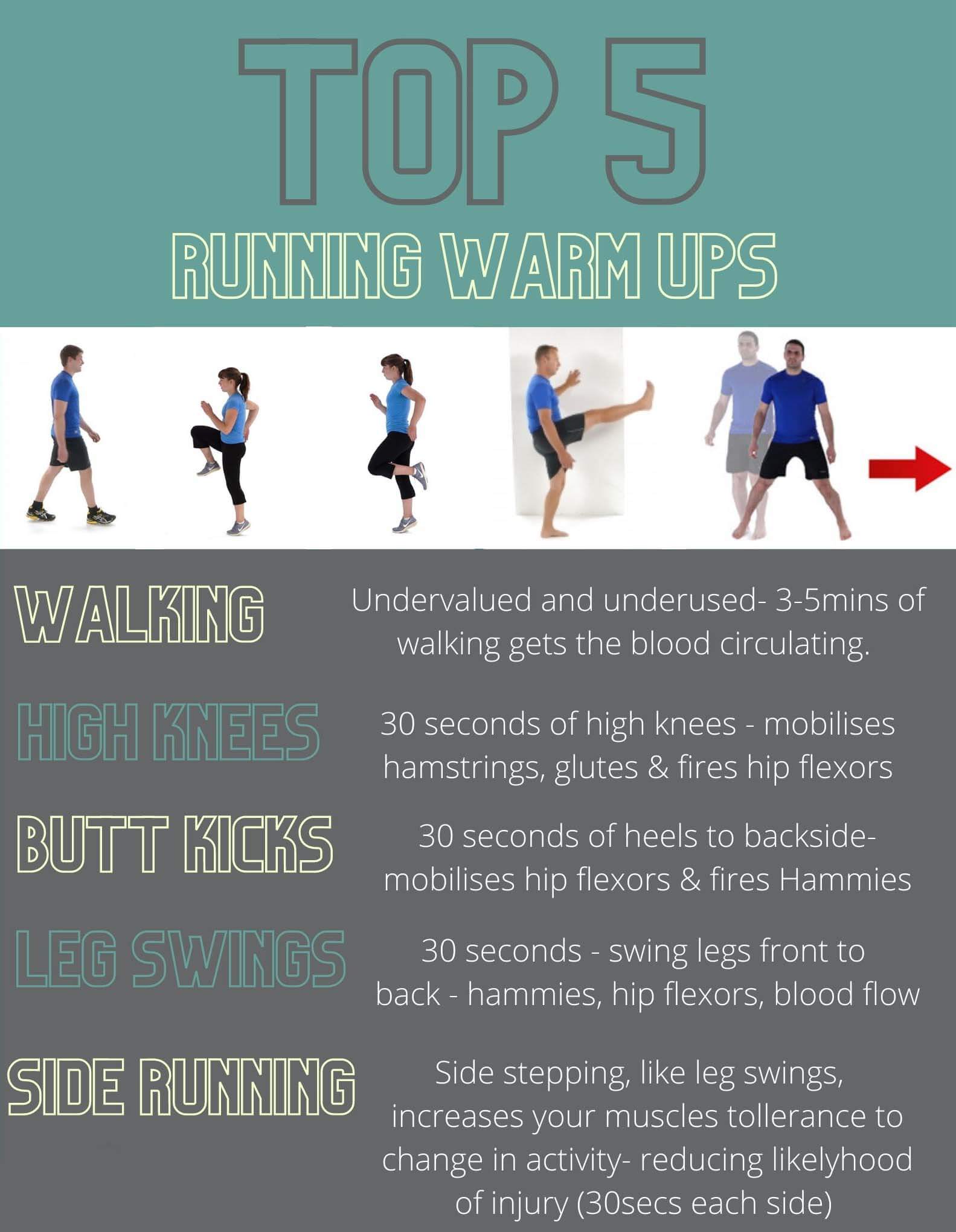
Running is a fantastic way to stay fit, boost mood, and improve cardiovascular health. However, it's also a high-impact activity that can put significant stress on your body, making runners susceptible to various injuries. From "runner's knee" to shin splints, many common running injuries are preventable with the right approach. A physiotherapist can be your best partner in staying injury-free and enjoying your runs for years to come.
Common Running Injuries and Their Causes
Most running injuries are overuse injuries, meaning they develop gradually due to repetitive stress. Common culprits include:
- Runner's Knee (Patellofemoral Pain Syndrome): Pain around or behind the kneecap, often due to weak hip muscles, poor foot mechanics, or overtraining.
- Shin Splints (Medial Tibial Stress Syndrome): Pain along the inner edge of the shinbone, typically caused by sudden increases in training volume, improper footwear, or weak lower leg muscles.
- Plantar Fasciitis: Heel pain, often worse in the morning, due to inflammation of the tissue on the bottom of the foot, often linked to inadequate arch support or tight calf muscles.
- Achilles Tendinopathy: Pain and stiffness in the Achilles tendon, usually from overuse or sudden increases in intensity.
- IT Band Syndrome: Pain on the outside of the knee, often due to a tight IT band rubbing against the thigh bone, linked to weak hip abductors.
- Stress Fractures: Tiny cracks in bones, most commonly in the shins or feet, due to repetitive impact and insufficient recovery.

Physiotherapist's Top Tips for Injury Prevention
- Progress Gradually (The 10% Rule): Avoid increasing your weekly mileage, intensity, or duration by more than 10% to allow your body to adapt.
- Prioritize Strength Training: Focus on strengthening your core, glutes, hips, and calves. Stronger muscles provide better support and shock absorption.
- Incorporate Cross-Training: Engage in low-impact activities like swimming or cycling to build cardiovascular fitness without repetitive impact.
- Listen to Your Body: Don't run through pain. Persistent aches are warning signs that require attention.
- Warm-up and Cool-down: Dynamic warm-ups prepare your muscles, while static stretches post-run aid flexibility and recovery.
- Proper Footwear: Wear running shoes appropriate for your foot type and gait. Replace them every 500-800 kilometers (300-500 miles).
- Optimal Running Form: A physiotherapist can analyze your gait and suggest adjustments to reduce stress on your joints.
- Nutrition and Hydration: Fuel your body properly and stay hydrated to support muscle recovery and overall health.
- Adequate Rest and Recovery: Allow your body time to repair and rebuild. Sleep is crucial!
Don't let running injuries sideline you. By adopting smart training practices and incorporating targeted strength and flexibility work, you can significantly reduce your risk. If you're experiencing any pain or want to ensure your training plan is safe and effective, consult with Arogya Physiotherapy. We can assess your biomechanics, identify potential risks, and provide a personalized program to keep you running strong and injury-free.